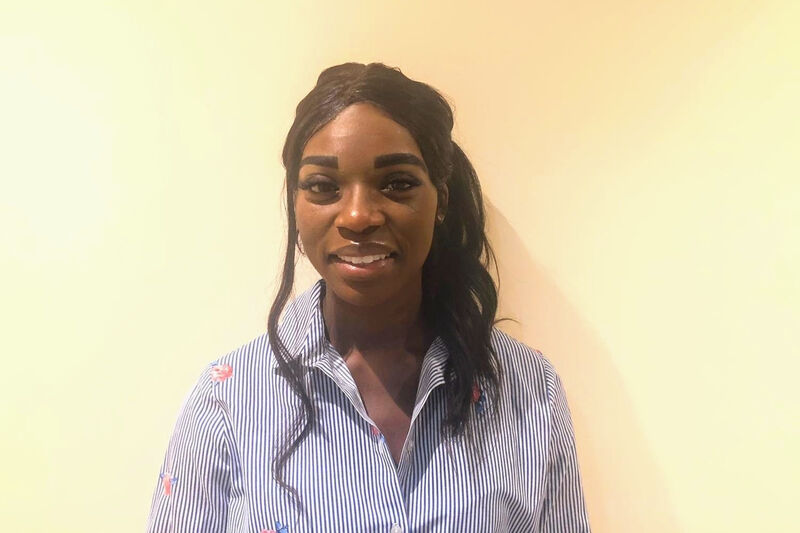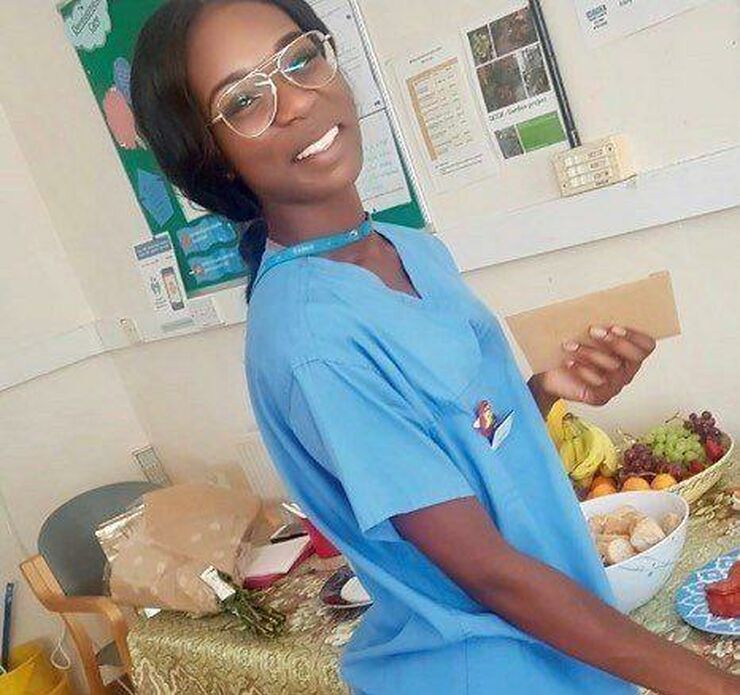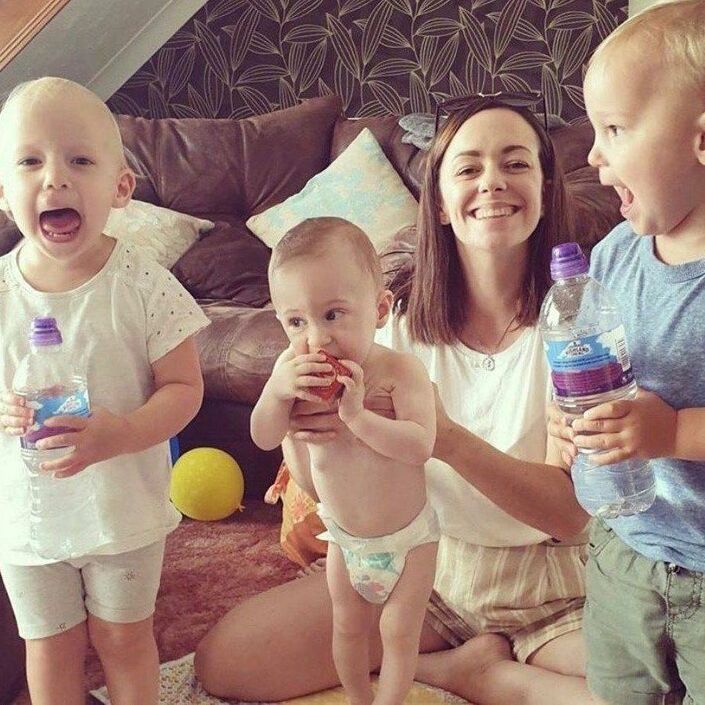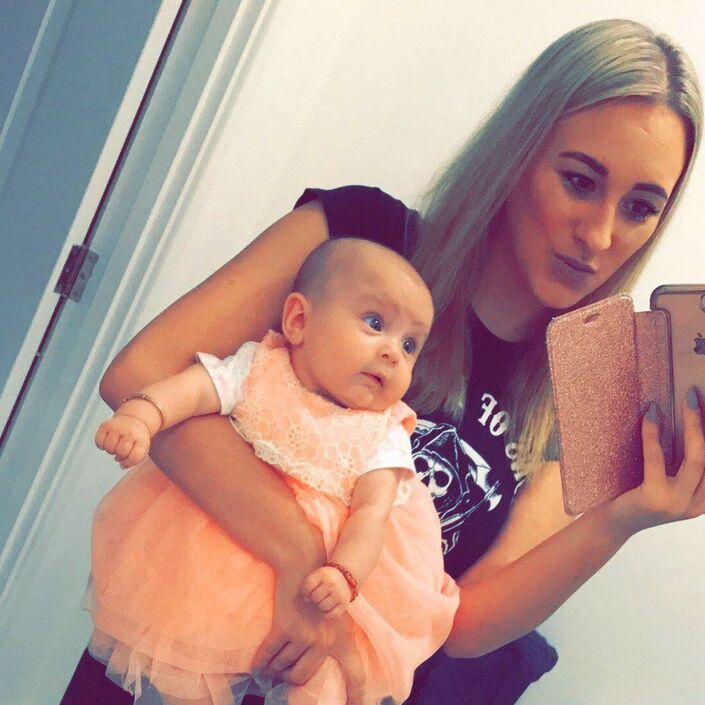When I tell people that I am a neonatal nurse I am often met with the response of “what’s that?” As soon as I mention the B word – babies – I am normally met with the response of “aww babies, how cute! I bet you get to cuddle them all day!” I’d be lying if I said that as neonatal nurses we don’t get to enjoy some newborn cuddles, but that is really only a fraction of what we do.
Every day over 300 babies are admitted to neonatal care. But there is still a lack of awareness surrounding neonatal units. I’ve often heard parents on the neonatal intensive care unit (NICU) use the phrase: “I never knew the NICU existed until my baby couldn’t live without it”.
Neonatology is a relatively new speciality in comparison with others and there is continually new research into ways of improving the care of neonates (newborns up to 4 weeks old). As a result, in the last ten to fifteen years the survival rates of babies who are born to soon has increased.
Neonates and newborns are fighters. They are strong; they defy what statistics and medical books say will happen to them. They are so resilient and of course they are flipping adorable. I’ve looked after babies who weigh less than a bag of sugar manage to fight me as I struggle to reinsert their feeding tube. I have learned so much more from a 24 week old baby who has undergone numerous surgeries than I have from some adults.
NICU is busy, it’s fast paced and no two days are ever the same. You have to be on constant alert to any sudden changes of clinical deterioration due to the fragility of these patients. The NICU world is a concoction of hourly observations, two-hourly feeds, medicines, blood gas tests, making nests, skin to skin care and that’s just scratching the surface. Oh and don’t forget the times a baby is sick or wees on us!
Some days, I’m on cloud nine because I’ve witnessed the birth of twins or a long-term patient is finally going home. Other days, my world is shaken by a baby passing and growing their angel wings. Walking onto a neonatal unit the first thing I always notice is the temperature. The warmth of the unit is comforting and cosy in the winter, yet can be stifling and overpowering in the summer. Lowering infection risk to neonates is key so you will often find me and my colleagues repeatedly targeting visitors with “have you washed your hands?”. NICU nurses are known for being obsessed with hand washing.
You would probably expect the sound of babies crying to dominate the corridors and although you do hear the wails of babies, normally the sound of NICU is filled with an array of alarms. Ask a NICU nurse what they hear when all is quiet, before they go to sleep, and I can assure you it’ll be the sound of alarms. Alarms from respiratory machines, alarms from the milk warmer and the number one alarm culprit is from the machines monitoring the babies’ vital signs. Neonates have underdeveloped lungs combined with an immature nervous system which normally means they forget to breathe. This, of course, means alarms! This is just one of many health conditions neonates have to deal with.



